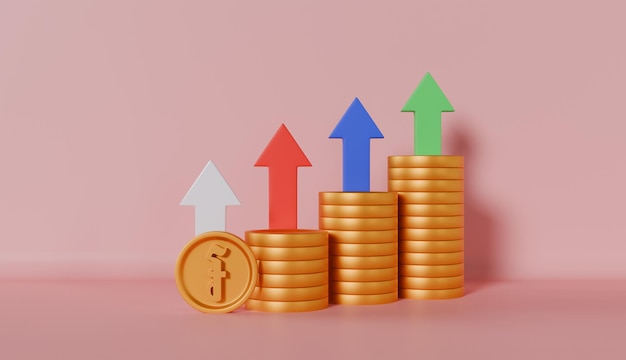
Yesterday, we discussed how much money you need to achieve financial independence. For me, this means having $50,000 to buy a house, $30,000 set aside for a 30-month emergency fund (or to live on while I look for a new job if my plans don’t work out), and a source of passive income that provides at least $1,000 per month for my living expenses.
While I work on building that $80,000 financial independence savings account, there are two main strategies I can use to get there faster. The first is to save money. In my daily life, money often slips away in various ways. For example, I might choose convenience by taking a taxi instead of walking or opting for take-out food instead of cooking at home. Sometimes I procrastinate on filling out insurance forms and miss out on refunds, like the one for my car’s broken window. These little things add up.
By addressing these small leaks, I can save more money. There are many simple ways to save, like turning off the lights when they’re not needed. Some methods require cutting back on things I enjoy, like leisure activities, travel, or beer. To maintain my lifestyle while saving more, I can also look for ways to increase my income.
How do I go about doing that? For starters, I sought out extra jobs. Even though my full-time job was dull, it ended at 6 pm sharp, leaving me time for other pursuits. I started teaching French and Spanish after work, which was enjoyable and brought in good money. Next, I began writing for a few travel blogs. Since my job often required me to travel abroad, I took photos and wrote reports for these blogs. I also picked up extra shifts as a waitress at weddings on Saturdays.
Finding extra jobs is relatively easy. Whether it’s a 10-hour-a-week shift at a fast-food restaurant or a regular tutoring gig, think about what you’re good at. Can you fix computers? Teach yoga? These side jobs can be a great way to explore new opportunities related to your passions. Although waitressing paid well, standing for 10 hours left me exhausted, and I didn’t enjoy it as much. However, I loved teaching and writing.
Eventually, I started making more money from teaching and writing than from my day job. At that point, I had a decision to make: continue doubling my income by doing both or quit my day job to focus entirely on teaching and writing. Instead of spending my time at a boring job, I could do what I loved.
Before I made the leap and resigned from my day job, I spent a few months saving all the extra income I earned. This approach accelerated my progress towards financial independence. No amount of cutting back on small expenses like beer or travel could have gotten me there as fast.